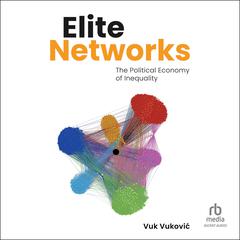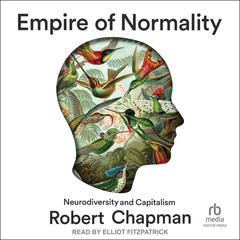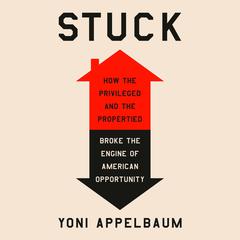 Play Audiobook Sample
Play Audiobook Sample
Revolution and Dictatorship: The Violent Origins of Durable Authoritarianism Audiobook
 Play Audiobook Sample
Play Audiobook Sample
Quick Stats About this Audiobook
Total Audiobook Chapters:
Longest Chapter Length:
Shortest Chapter Length:
Average Chapter Length:
Audiobooks by this Author:
Publisher Description
Revolution and Dictatorship explores why dictatorships born of social revolution—such as those in China, Cuba, Iran, the Soviet Union, and Vietnam—are extraordinarily durable, even in the face of economic crisis, large-scale policy failure, mass discontent, and intense external pressure. Few other modern autocracies have survived in the face of such extreme challenges. Drawing on comparative historical analysis, Steven Levitsky and Lucan Way argue that radical efforts to transform the social and geopolitical order trigger intense counterrevolutionary conflict, which initially threatens regime survival, but ultimately fosters the unity and state-building that supports authoritarianism.
Although most revolutionary governments begin weak, they challenge powerful domestic and foreign actors, often bringing about civil or external wars. These counterrevolutionary wars pose a threat that can destroy new regimes, as in the cases of Afghanistan and Cambodia. Among regimes that survive, however, prolonged conflicts give rise to a cohesive ruling elite and a powerful and loyal coercive apparatus. This leads to the downfall of rival organizations and alternative centers of power, such as armies, churches, and landowners, and helps to inoculate revolutionary regimes against elite defection, military coups, and mass protest—principal sources of authoritarian breakdown.
Download and start listening now!
Revolution and Dictatorship Listener Reviews
Be the first to write a review about this audiobook!
About the Authors
Steven Levitsky is a professor of government at Harvard University. Levitsky’s research focuses on Latin America and the developing world. He is the author of Competitive Authoritarianism and is the recipient of numerous teaching awards. Levitsky has written for Vox and The New York Times, among other publications.
About Joe Barrett
Joe Barrett, an actor and Audie Award and Earphones Award–winning narrator, has appeared both on and off Broadway as well as in hundreds of radio and television commercials.
























